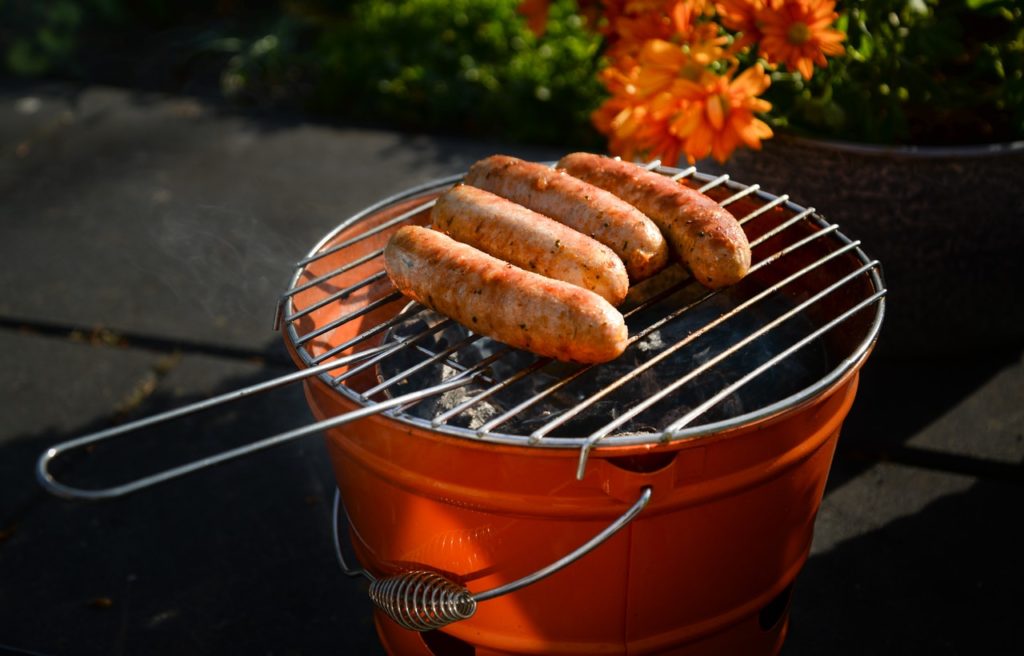While most people don’t intentionally waste food on a regular basis, between food that gets bought but not eaten or cooked and then thrown away, the average person winds up wasting a good portion of the food that they intended to eat. And although there are great options for reusing food that you aren’t going to eat, like composting, reducing our overall food waste should be a top priority.
To help you in doing this, here are three ways you can reduce your food waste.
Buy Less, More Often
In most situations, food waste starts at the grocery store. When you’re shopping for the groceries that you plan to use in the future, many people start thinking very aspirationally, especially when it comes to the produce they buy. But as the days go by and life gets busy, you may find that the healthy meals you planned on making get replaced by something quicker or more convenient. And when this happens, food waste often follows.
To combat this, Yolanda Wikiel, a contributor to Real Simple, suggests that you try to shop more often and buy for fewer days or meals when you go to the store. By doing this, you’ll have less food that goes to waste if you don’t wind up eating all the food you bought within the timeframe you intended. And because produce usually takes at least a few days to go bad from when you bring it home from the store, you’ll have a little more wiggle room in the time you need to eat the produce you bought.
Learn How To Properly Store Your Produce
Once you get the food from the store and to your house, knowing how to properly store the items that you bought can help them last longer at home and prevent you from having to throw away foods that’s spoiled.
Some common foods that people don’t store correctly, according to Jillian Kubala, a contributor to Healthline.com, are fruits and vegetables that don’t need to be refrigerated but get thrown in the refrigerator anyway. This includes things like tomatoes, potatoes, garlic, cucumber, and onion. Additionally, if you store food with produce that continues to ripen those around them—like bananas, avocado, pears, peaches, cantaloupe, tomatoes, and more—your food will start to spoil much sooner.
Eating Using A First-In/First-Out Strategy
When you do buy produce or other foods that will go bad sooner, like meats and breads, it’s wise to try to use a first-in/first-out strategy. What this means is that the groceries that you’ve had in your home for the longest should be the ones that you try to eat the soonest to reduce your chances of wasting food. According to the EPA, you should always try to plan meals and shopping trips around the perishable foods you already have at home so you can use them up before buying more.
If you’re wanting to reduce your food waste, consider using the tips mentioned above to help you learn simple ways that you can start accomplishing this.




